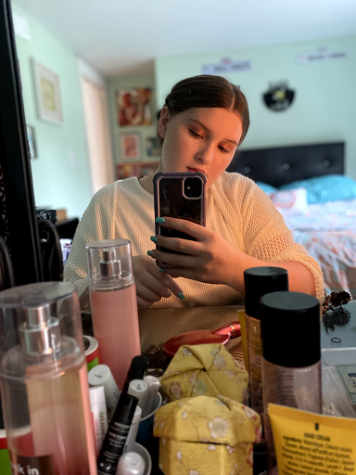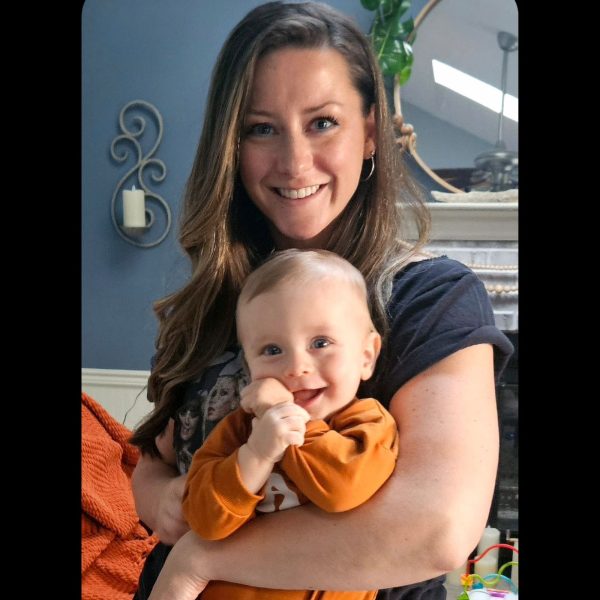A New Way to Sleep

April 20, 2018
I am known to fall asleep during some of my classes, I’ll own up to it. However, I have recently read up on a few ways to sleep and adopted one of them that will make you more rested on the same amount or even less sleep. I have seen a lot of success staying awake in the darkest and most boring of classrooms, and can even stay awake for longer in a 24 hour period.
It’s generally accepted among most people that 7-10 hours of continuous sleep in one day is the best way to sleep and people have been doing it forever. Contrary to that popular belief, a lot of literary and scientific evidence shows that this is not always the case. Scientifically speaking, your circadian rhythm, which is basically your internal clock, sends out the strongest signals for your body to sleep at the times of 2-4 A.M and 2-3 P.M. This strongly suggest that a nap is a very natural and healthy thing to do in the mid-day. Not only that, but humans are one of, if not the only species on Earth, that sleeps in one big block of time. Every other animal on Earth takes at least some kind of secondary sleep at some point in a day. Not only is there that scientific evidence, but there are countless references to “first sleep” and “second sleep” in works of literature over vast spans of time. Some of them are the book Don Quixote (1615), Charles Dickens’ Barnaby Rudge (1840), and even all the way back to Ancient Greece in the Odyssey in 8th century BC. The type of sleep that they reference is called biphasic sleep, or two blocks of distinct sleep in the nighttime. One block right after the Sun went down and another a few hours later until the Sun came back up again. During the downtime between sleeps people would generally do chores around the house or chat with neighbors or roommates. Biphasic sleep was most likely an adaptation to long winter nights that just stuck in northern Europe.
I know what you’re probably thinking, biphasic sleep is impractical and would mean going to bed at 8:00 in some cases, and you’re right it is impractical. Lucky for us there are even more ways to sleep. Another way called is called polyphasic sleep, which means you take two or more distinct sleeps at any point throughout the day. This kind of sleep allows for a lot more flexibility because you can make whatever sleep schedule you want. It differs from biphasic in that it can use a nap of any desired length at a regular time during the day followed by a shortened nights sleep, typically 3-5 hours at night depending on your nap or naps. Some people even have no large chunk of sleep at night at all. Some have found a lot of success on 4 hours of sleep in an entire day, feeling just as rested as normal but with the bonus of extra hours in the day. Others like Leonardo Da Vinci only slept for 2 hours a day and Thomas Edison slept for only one hour more than Da Vinci. Each of them took 6 naps a day Edison’s being 30 minutes each and Da Vinci’s being 20. They both used that type of sleep to live extraordinary lives and change the world.
The reason these people can function on such a small is because this way of sleep is a lot more efficient than one large block of time. When you go to sleep you are organizing and repairing your brain, most of this happens during a specific part of our sleep cycle that only lasts about 20 minutes. So if you can get to sleep right away during a short nap then you will be able to repair and organize your brain much more efficiently. When we sleep for an eight hour session a lot of it is wasted time because we dip in and out of sleep, this is mostly due to our current way of sleep being unnatural.
The way that I have found is best is a schedule very similar to a Spanish siesta. The schedule still fits with a daily routine and consists of a 1-1.5 hour nap with about 5 hours of sleep at night. Which is actually about the same sleep schedule as WWII Prime Minister Winston Churchill. This is not for everyone, however. If you do any activities right after school you would most likely be better off with the singular block of sleep. It doesn’t mesh well with a schedule that isn’t regular either, if you don’t make time for your nap then the next couple days will be rough. This way of sleep isn’t life changing but it gives you some extra time to yourself and it will give you the same amount or more restfulness on less sleep.









